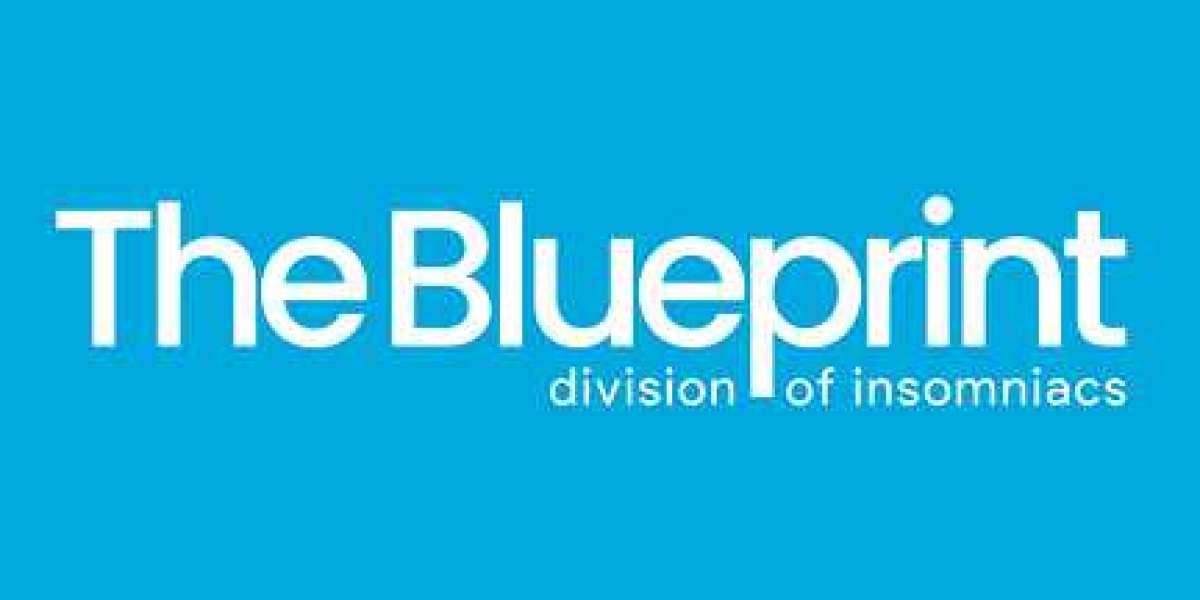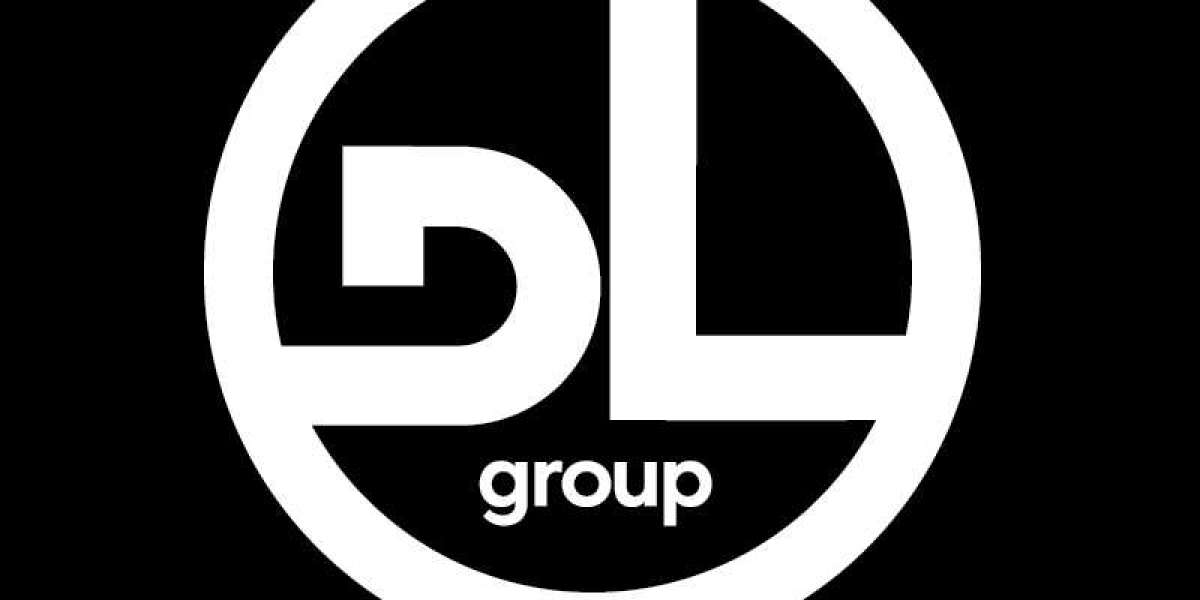In an era where the internet has become an integral part of everyday life, businesses are increasingly turning to digital marketing services to reach and engage with their target audiences. Digital marketing encompasses a wide range of strategies and tools designed to promote products and services online, capitalizing on the connectivity and data-driven environment of the digital age.
Understanding Digital Marketing Services
Digital marketing services involve leveraging online platforms and technologies to achieve marketing goals. These services include search engine optimization (SEO), pay-per-click advertising (PPC), social media marketing, content marketing, email marketing, and more. Each of these services plays a crucial role in building a comprehensive digital marketing strategy.
Search Engine Optimization (SEO): SEO is the practice of optimizing a website to rank higher on search engine results pages (SERPs). By improving a website’s visibility, businesses can attract more organic traffic. SEO involves keyword research, on-page optimization, and building backlinks, all aimed at enhancing the site's authority and relevance.
Pay-Per-Click Advertising (PPC): PPC is a model of internet marketing where advertisers pay a fee each time their ad is clicked. Google Ads is a prominent example of PPC advertising. This method allows businesses to target specific demographics, ensuring that their ads reach potential customers who are actively searching for related products or services.
Social Media Marketing: Leveraging platforms like Facebook, Instagram, Twitter, and LinkedIn, social media marketing focuses on creating and sharing content to achieve marketing and branding goals. It involves posting text and image updates, videos, and other content that drives audience engagement and promotes the business.
Content Marketing: This approach involves creating valuable, relevant content to attract and engage a clearly defined audience. Content marketing aims to build trust and authority by providing information that solves problems or answers questions for the audience, thereby driving profitable customer actions.
Email Marketing: One of the oldest yet most effective forms of digital marketing, email marketing involves sending targeted messages to prospects and customers. It is a cost-effective way to nurture leads, promote products, and build customer loyalty.
The Benefits of Digital Marketing Services
Digital marketing offers numerous advantages over traditional marketing methods. These benefits include:
Cost-Effectiveness: Digital marketing is often more affordable than traditional marketing. It allows small and medium-sized enterprises (SMEs) to compete with larger companies by providing more precise targeting and measurable results.
Measurability: One of the biggest advantages of digital marketing is the ability to track and measure results in real-time. Tools like Google Analytics provide detailed insights into campaign performance, enabling marketers to make data-driven decisions.
Targeted Reach: Digital marketing enables businesses to target specific demographics and consumer behaviors. This precision targeting ensures that marketing efforts are directed at the most likely to convert, increasing the efficiency of campaigns.
Flexibility and Adaptability: Digital marketing strategies can be quickly adjusted based on performance metrics. This agility allows businesses to respond to market changes and consumer preferences more effectively.
Enhanced Engagement: Through social media, email marketing, and interactive content, digital marketing fosters direct interaction with customers. This engagement builds stronger relationships and brand loyalty.
The Future of Digital Marketing Services
As technology continues to evolve, so does the landscape of digital marketing. Emerging trends include the increasing use of artificial intelligence (AI) and machine learning to analyze data and automate marketing processes. Voice search optimization is also becoming crucial as more consumers use voice-activated devices. Additionally, video content continues to grow in popularity, making platforms like YouTube and TikTok vital components of digital marketing strategies.
Read More: Game Development Company in India
Moreover, the importance of data privacy and ethical marketing practices is gaining prominence. Businesses must navigate regulatory environments like the General Data Protection Regulation (GDPR) to ensure they handle consumer data responsibly.
Conclusion
Digital marketing services have revolutionized how businesses reach and interact with consumers. By utilizing a combination of SEO, PPC, social media, content marketing, and email marketing, companies can effectively promote their products and services online. As the digital landscape continues to change, staying informed about new tools and trends will be essential for businesses aiming to maintain a competitive edge. The future of digital marketing is bright, offering endless possibilities for innovation and growth.








